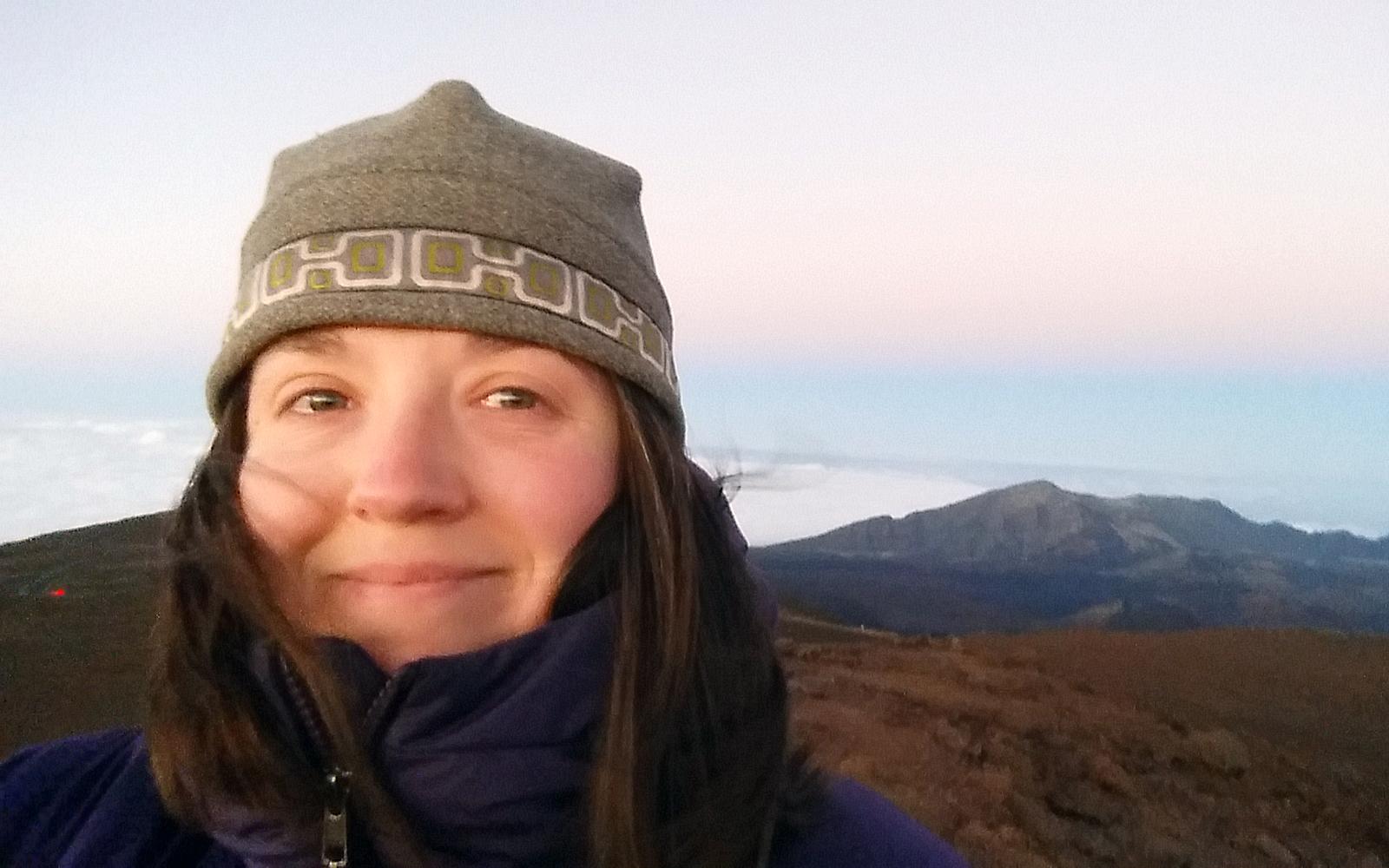Waking up in a youth hostel near San Francisco’s iconic Fisherman’s Wharf, Onolee Stephan ’06 and her classmates from SUNY Potsdam, set out to explore the heart of the Bay Area—but this was no normal tourist visit.
The 10-day trip, with visits to the city health department, community health centers, and non-profit organizations that have helped people through the AIDS epidemic, opened Stephan’s eyes to the positive work being done in the city—an experience that would change the trajectory of her academic path at SUNY Potsdam, and ultimately her future career.
“I started a dance major, and I took a nutrition class in the community health department where I met Professor (Emeritus) Laurel Sharmer, who was leading a winter travel course. ‘You know, San Francisco in the wintertime—sign me up, I’ll go,’” Stephan remembered thinking. “We looked at public health and community health through the lens of the city of San Francisco. I came back to Potsdam thinking, ‘Wow, as someone who is motivated by social justice, yes, this might be it for me.’”Although her love for dance remained strong, she was intrigued by her newfound passion for helping those in need. Stephan switched to a community health major, and found a new home within SUNY Potsdam’s Department of Public Health and Human Performance.
“All the fundamentals—program planning and evaluation, epidemiology and biostatistics—I got all of that from the coursework at SUNY Potsdam, and I still use it today.”
-Onolee Stephan ’06

After getting her undergraduate degree, Stephan pursued a master’s degree in public health at Boston University, which proved to be an easy transition. “I had a nice foundation because of SUNY Potsdam, and the community health department. I was glad that I went to a smaller undergraduate school, and I think that’s important to not be just a face in a large lecture hall,” she said. “SUNY Potsdam was so connected with the professors who know you, who invite you to their house for dinner with a group of students, and who take an interest in you.”
To avoid the burden of additional student loans, she landed a job at Boston University’s School of Dental Medicine, and through the tuition assistance program, her graduate program was fully funded. For three and a half years, she spent her days working full time in the school’s dental public health division, while working on her master’s degree at night.
In 2011, with her master’s degree in hand, she got a job with the Vermont Department of Health’s chronic disease prevention and control program, and then one year later, she accepted a position in her hometown of Rochester, N.Y., working for the Special Olympics. What started as a pilot program funded by the Golisano Foundation to assist people with intellectual disabilities has grown into a global initiative to improve the lives of people facing a number of health challenges.
“My job as the director of healthy communities is to work with Special Olympics programs all over the world. People think of Special Olympics as a sports organization, which we are, but we use sport as a social change agent, to help improve the lives of people with intellectual disabilities. More than 20 years ago, it started alongside our sports events. So, imagine a soccer field where we would have a pop-up tent offering a free health screening and we would bring in volunteer dentists, or volunteer vision specialists, and screen the athletes for health problems. That program grew to be all over the world. What we’re seeing is a real impact on the health outcomes of people with intellectual disabilities. When they do our fitness programming, their blood pressure comes down, they come off medications, and they don’t have those risks for heart attack and stroke,” she explained.
Stephan’s team manages the funding for Special Olympics health programs in six U.S. states, and 50 international chapters, which focus on physical activity, nutrition, hydration, and in some international chapters, HIV and malaria education. Stephan collaborates with health care providers, government agencies, world health organizations, and ministries of health to create a supportive network to improve the lives of people with intellectual disabilities.
“My job is to give all those different teams the technical assistance that they need, make sure they get their funding, connect them to one another, and help see that their projects are growing year by year. I’m making sure that this health work is funded all over the world so that people with intellectual disabilities don’t face health disparities. That feels really good,” she said.
Her altruism has extended back to SUNY Potsdam. Through the College’s Women, Gender and Leadership Mentoring Program, Stephan has been a guest speaker on campus, and has worked one-on-one with students in the community health program. As shares her stories from her undergraduate years, and her real-world experiences from working in the public health field, she has been providing them with advice for their future.
“It’s an opportunity for them to ask questions about what things exist in the professional world, graduate school, and I help look at resumes,” she said. “It’s been really nice to be connected with students who are in the place that I was in when I was at Potsdam, and to be able to share some of the experiences that I’ve had, and hopefully help them along in their career.”
Article by Jason Hunter
